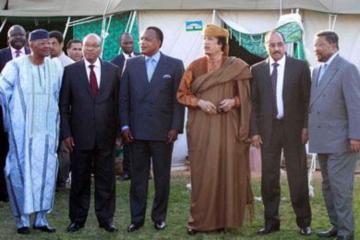
Africa remains a continent of contradictions – where the poor and rich live in unsettled harmony and despots and democrats share advice at the grand union – and home to recurrent crisis. It has immense natural resources and potential but many African countries are unable to grow due to the pervasiveness of hopelessness and socio-economic decay as Odhiambo, et al. (1988) put it. Accordingly, Africa boasts the notoriety of being home to the world's most impoverished and abused people. Explaining the causes of problems revolves around old and common threads: the legacy of colonialism, neo-colonialism, culture, climate and bio-geographic factors. Also, the continent remains highly diverse demographically, ecologically, ethnically and culturally (Farjan, 2011) and encompasses 26 official languages and approximately 44 different currencies. At the state level, there are differential issues include tribal loyalties, linguistic variation, religious dissimilarity and, now, class conflict mediated by the ethnic camouflaging of individual wealth as group wealth.